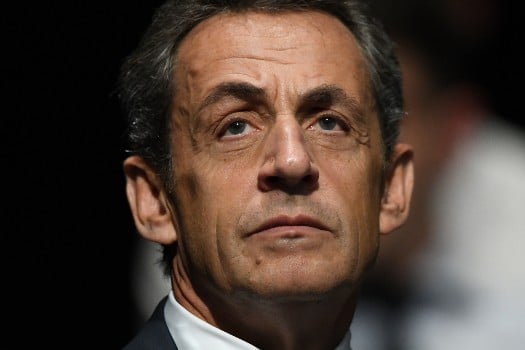France and Germany are divided on how funds from the €440-billion ($592 billion) war chest should be deployed, two days before French President Nicolas Sarkozy meets German Chancellor Angela Merkel in Berlin, the paper said.
Paris wants the fund to have unlimited power to buy up the bonds of struggling countries, such as Greece, whereas Germany wants to impose restrictions, said Handelsblatt, citing unnamed EU diplomats in Brussels.
There are also divisions over using the fund to shore up distressed banks.
France wants to use the fund to recapitalise lenders exposed to shaky bonds, whereas Germany believes banks must dig into their own pockets first.
“The first step is for banks to recapitalise themselves,” Merkel told reporters on Thursday, stressing that the fund could be used only if a potential bank failure endangered the entire euro project.
Access to the bailout funds is allowed only under “certain conditions,” the chancellor emphasised, in comments an EU diplomat said were directed at France and Sarkozy.
Merkel hosts Sarkozy in Berlin on Sunday for talks likely to focus on the eurozone debt crisis and the parlous state of Europe’s banks.
On Thursday, shares in Franco-Belgian lender Dexia were suspended as the two countries scrambled to put together a rescue package for the bank.
Meanwhile, the European Commission called for a “coordinated action” on recapitalising banks, as the European Central Bank unveiled new measures to ease access to credit for cash-strapped lenders.
EU leaders decided in July to boost the effective lending capacity and the scope of the bailout fund, known as the European Financial Stability Facility (EFSF) but are still grappling over how exactly it will function.
Most of the 17 nations in the eurozone have now ratified the expanded EFSF in their parliaments, with all eyes now on Slovakia, where a junior coalition partner has vowed to block it.


 Please whitelist us to continue reading.
Please whitelist us to continue reading.
Member comments